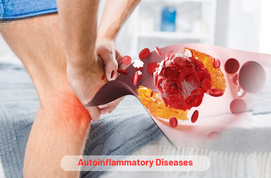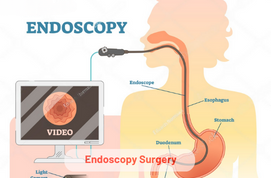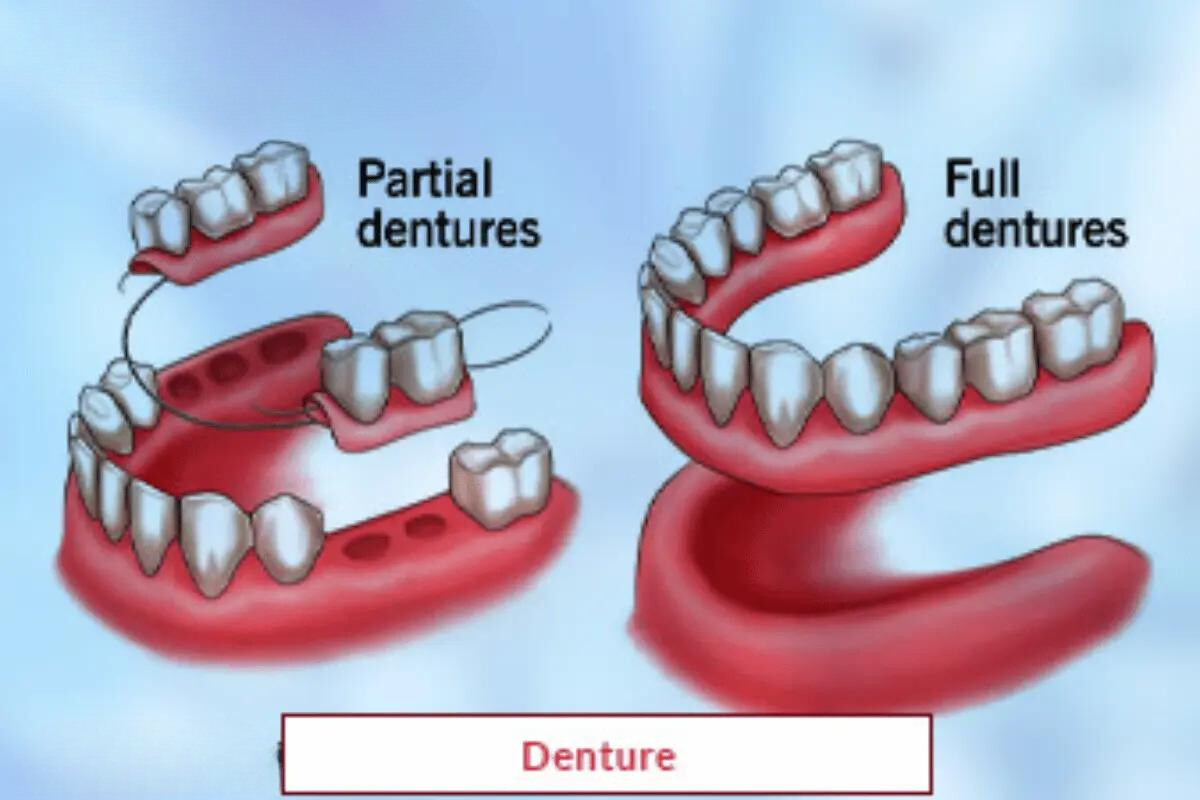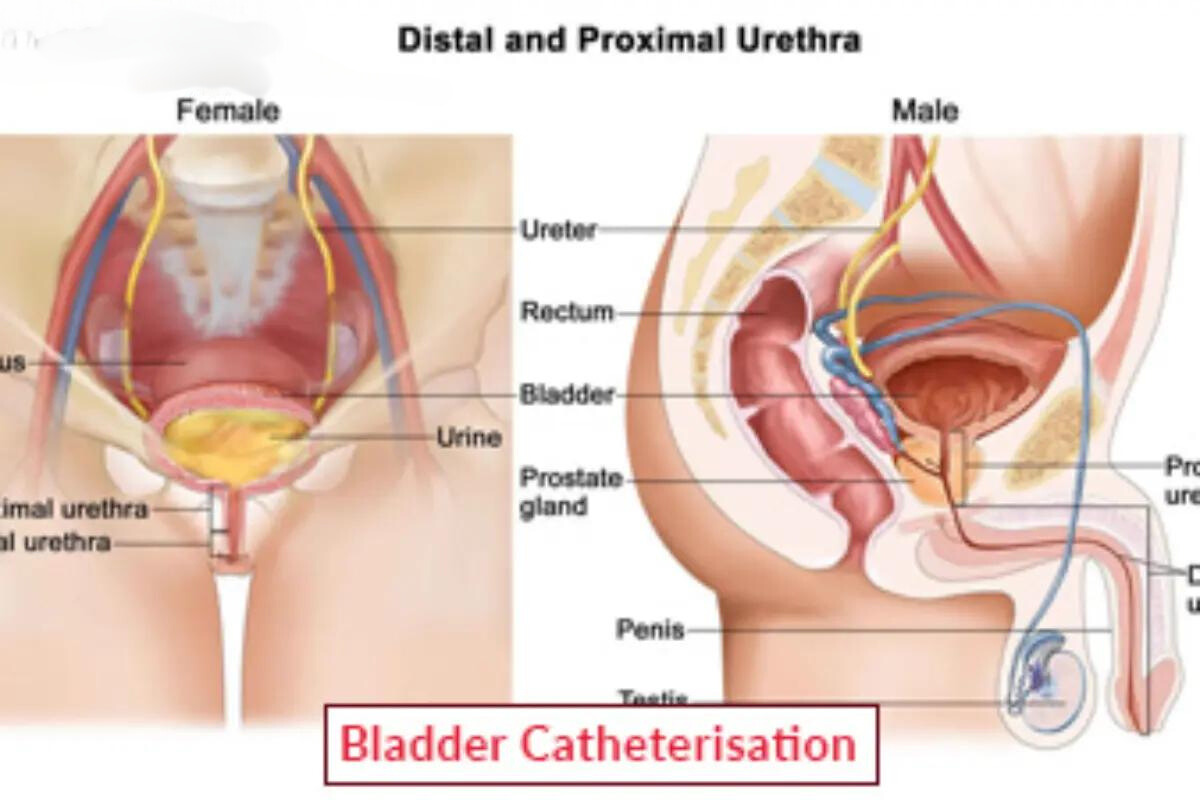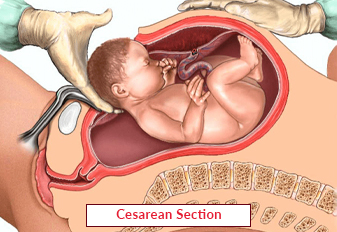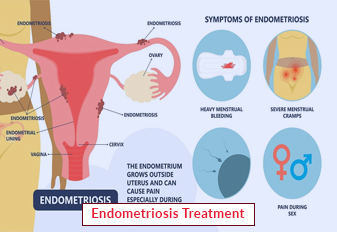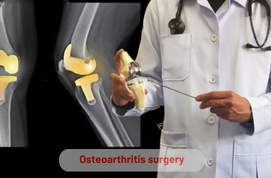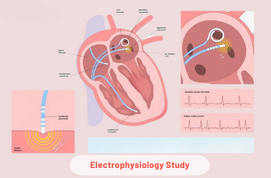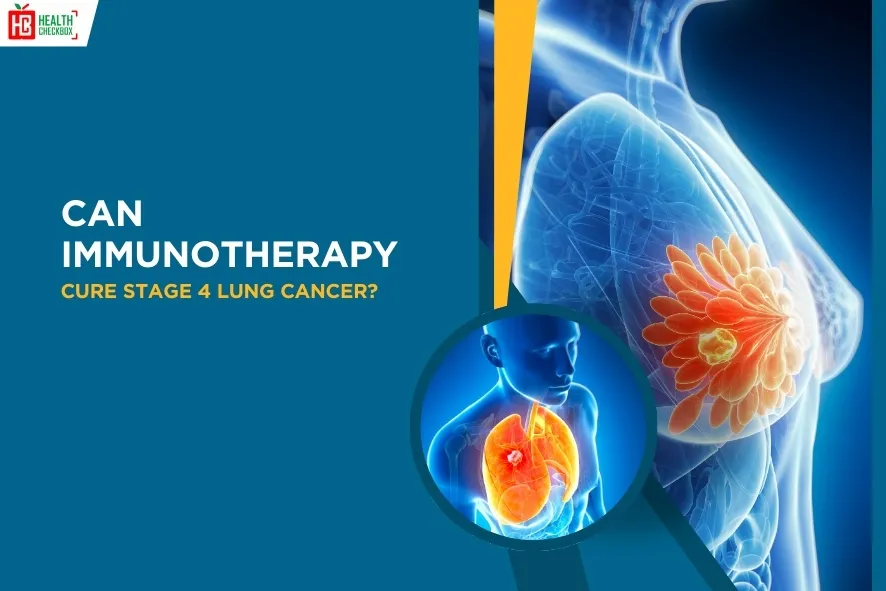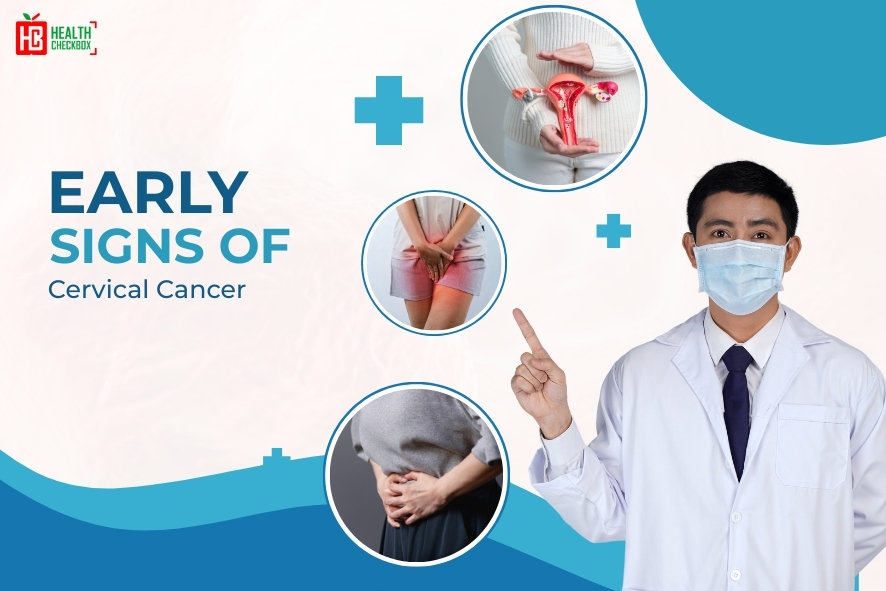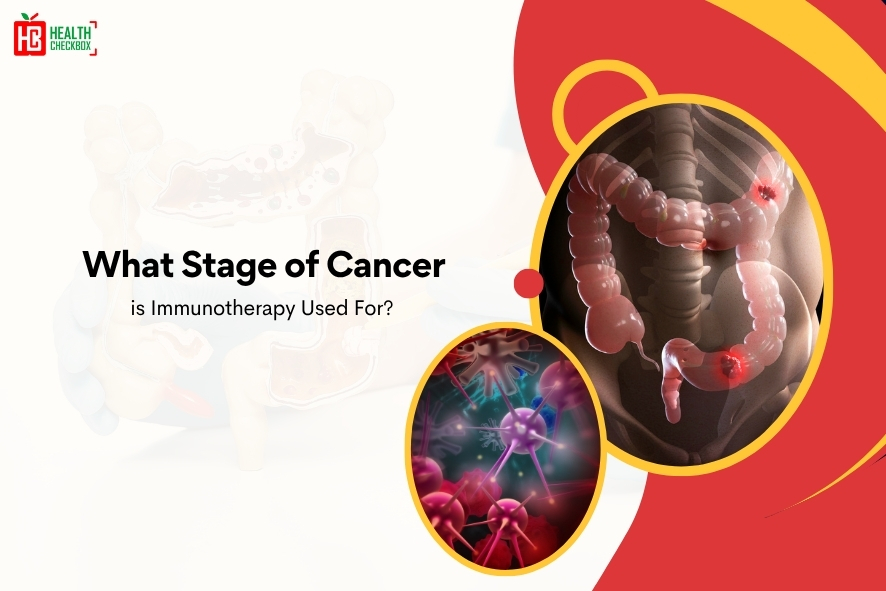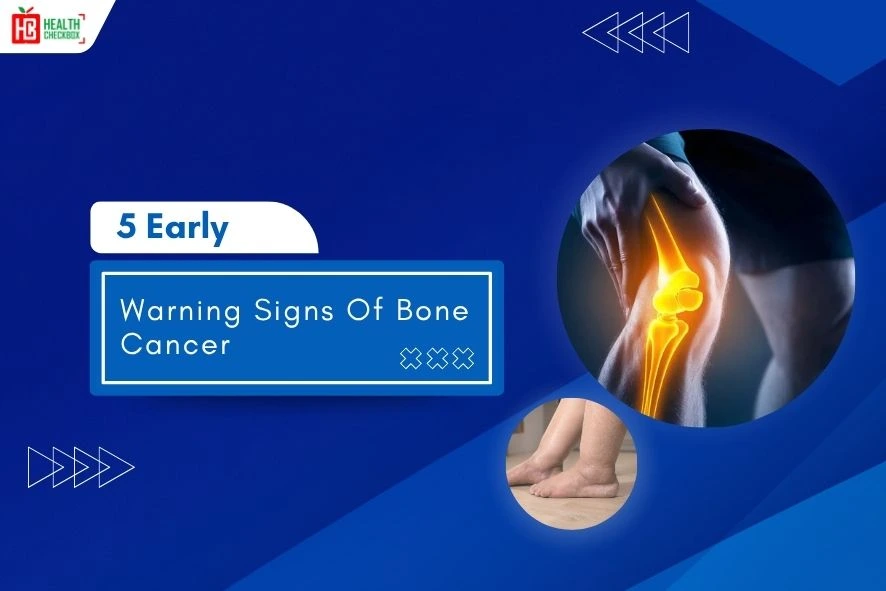Autoinflammatory diseases (AIDs) are a combination of rare conditions. They come about when the immune system dysfunctions, and this may lead to changes in the DNA structure of the genes. As a result, there is regular and impulsive inflammation that can affect different parts of the body. Examples include Periodic disease syndromes and Familial Mediterranean Fever (FMF). The symptoms can range from fever, rash, joint pain, and systemic or all-complete inflammation.
Not all AIDs are hereditary, and some may show visible signs in early years. They will continue till a person reaches adulthood. Members in the family are the first persons to get affected. It is frequently observed that this genetic condition is carried on from parent to child. It will not be any surprise to find multiple family members acquiring this ill-health in one family.
Causes of Autoinflammatory Diseases
The following are the main causes of this condition that include:
- A change in the genetic component that governs the innate immunity of the body.
- New genetic mutation that is not visible in early generations.
Latest advancements in genetics have enabled researchers to find out the gene mutation that leads to this condition.
Symptoms of Autoinflammatory Syndrome
Some of the most prevailing signs and symptoms of this ill-health include:
- Fever that is recurring
- Belly pain, diarrhea, and vomiting
- Fluid or inflammation near the heart or lungs.
- Mouth or genital ulcers
- Joint pain or swelling, as well as general body discomfort
- Sore throat and irritated tonsils
- Red eyes or inflammation within or around the eyes
- Rashes
- Swollen lymph nodes
How Can Autoinflammatory Diseases Be Diagnosed and Treated?
- Diagnosis: This condition can be diagnosed by physical investigation, family history, blood report, and genetic tests. What you may expect:
- Physical Exam: Your healthcare professional will ask you about your symptoms. Later he will examine your skin and joints. Skin symptoms are crucial to determine an early diagnosis and develop an effective treatment plan.
- Family Medical History: A family history of this condition risks your chances of developing the ailment.
- Bloodwork: When you are experiencing a flare-up, a medical test that analyzes a sample of blood will uncover elevated levels of certain blood markers. It is a sign for inflammation in the body, such as white blood cells. Genetic testing can help detect whether you have a specific gene mutation linked to this condition.
- Treatment
- The end goal of treatment for this condition is to reduce inflammation and control symptoms. And suppression of the response to the impulsive immune system. Therapies can include to reduce the recurring high body temperature, pain and related symptoms.
- Anti-inflammatory drugs, NSAID pain relievers, or corticosteroids you take orally. These agents hamper the pathways of inflammation.
- Colchicine is recommended for gout attacks. It is a condition where one experiences sharp, terrible pain in one or more joints ,due to an increased level of uric acid in adults.
- Anti-TNF therapy is a natural medication. It reduces inflammation and irritation in patients with inflammatory arthritis. It is taken via an injection or infusion beneath the skin or into a vein.
Prevention Tips or Aftercare
It is next to impossible to totally prevent autoinflammatory disorders. But some lifestyle adjustments can help you lessen symptoms.
- Exercise: Consistent, low-intensity exercise can help reduce inflammation.
- Healthy Diet: A diet rich in fiber, plant-based foods, healthy fats, and protein keeps your body healthy. Stay away from processed foods, added sugars, and trans fats.
- Avoid Smoking: Avoid smoking and exposure to cigarette smoke, and reduce contact with toxins.
- Manage Weight: A healthy weight keeps the cholesterol levels under control. A BMI chart is helpful to ascertain the weight of an individual.
- Take a Supplement: Consider taking anti-inflammatory supplements, such as omega-3 fatty acids, vitamins C and D, and curcumin.
- Take Probiotics: These are normally considered safe and help to maintain endurance to inflammatory diseases.
Latest Health Tips
Can Immunotherapy Cure Stage 4 Lung Cancer?
Early Signs of Cervical Cancer
Foods that Kill Cancer: Leafy Vegetables, Grains, & More
What Stage of Cancer is Immunotherapy Used For?
Which is Worse for Cancer, Sugar or Alcohol?
Vaccines That Prevent Cancer
What Kills Cancer Cells in the Body Naturally?
Early Warning Signs of Bone Cancer
Submit Your Enquiry
Testimonials








